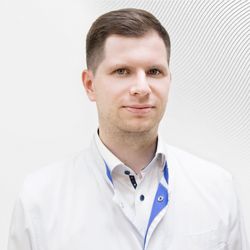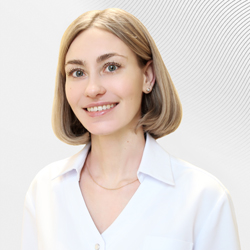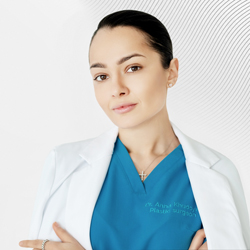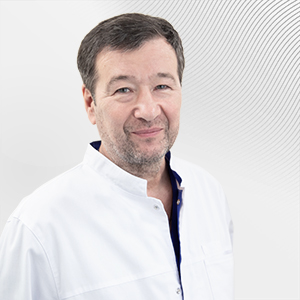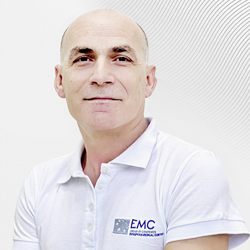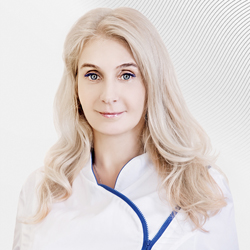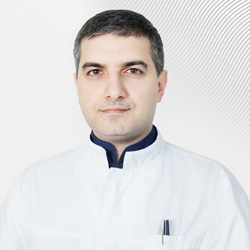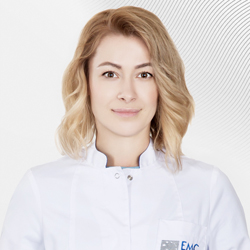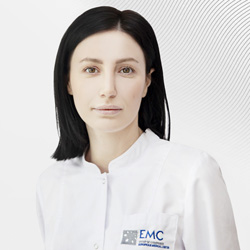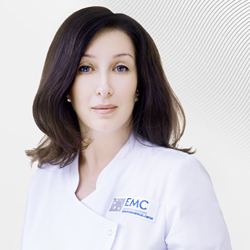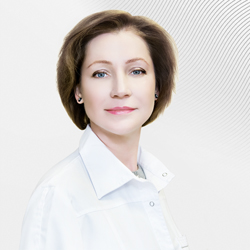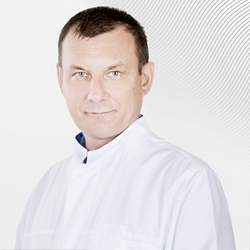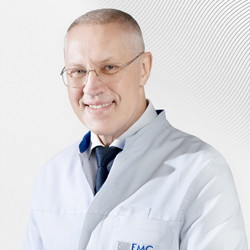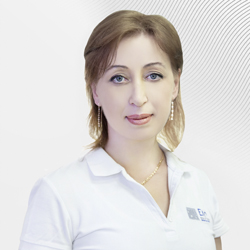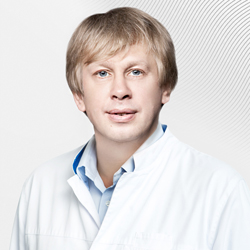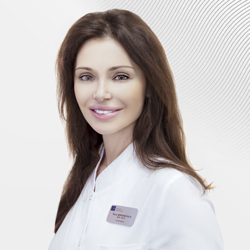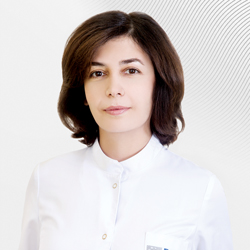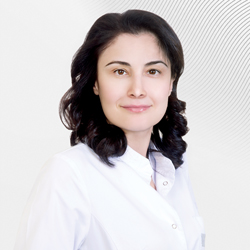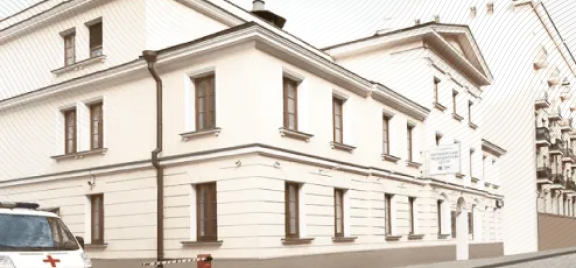SPRS-therapy (Service for Personal Regeneration of Skin) is a unique technology for non-surgical skin rejuvenation using your own fibroblasts.
Cosmetic technologies that use skin fibroblasts have been used for a number of years in Europe and the United States. An intradermal cell rejuvenation method not only corrects the skin’s visible defects, but also restores it at the microstructure level. In Russia, the technology was approved by Roszdravnadzor (the Federal Service on Surveillance in Healthcare) in 2010, and has been patented and licensed. Only certain aesthetic medicine clinics were chosen to present this method in Moscow.
The Essence of the Method
The skin’s youth and beauty depends largely on the activity levels and number of its fibroblasts. Fibroblasts are skin cells that synthesize collagen, elastin, hyaluronic acid and other important components, responsible for the firmness and elasticity of the skin. With age, the number of fibroblasts in the dermis decreases, and their ability to synthesize collagen and elastin fibers (which support the skin structure) and hyaluronic acid (which retains water in the skin) is also reduced. As a result, skin thickness and water content is reduced, and skin becomes less firm and wrinkles start to form. Numerous studies, including those done by Russia’s Human Stem Cell Institute, have demonstrated that these age-related changes are directly linked to the reduction in the number and activity levels of fibroblasts.
SPRS-therapy is an individual set of diagnostic and treatment procedures for skin restoration, with the help of its own fibroblasts. The fibroblast-containing solution is injected intradermally. This leads to a proliferation of active fibroblasts in the dermis, which increases collagen, elastin and hyaluronic acid synthesis, and initiates the natural skin renewal processes. As a result, skin elasticity and hydration increases, wrinkles are smoothed out, and the aging process slows down.
SPRS Rejuvenation Program
Skin evaluation
At the preliminary stage, the skin is examined at the microstructure level using modern laboratory methods. The fibroblasts’ ability to divide and their functional activity (readiness to synthesize collagen and other components of the extracellular matrix) is assessed. On the basis of the obtained data, an individual program is developed for correcting existing and preventing new age-related changes.
Based on the evaluation results, a patient receives a Skin Passport, which lists all the individual characteristics, as well as detailed information on the rejuvenation program. In each case, recommendations for an individual skin correction program are provided, to address existing skin changes and prevent further aging. The Passport contains information regarding the recommended number of treatment courses, their timing, as well as a protocol for the use of cosmetic procedures, taking into considerations their effects on the skin, in order to achieve a permanent aesthetic result without harming the fibroblasts.
Creating the solution
A section of skin (around 5 mm in diameter) is taken from behind the ear and used to harvest the fibroblasts. The fibroblasts are grown using a patented method, with only the cells with a high capacity for division and synthesis of components selected (the weaker cells are removed). A sample of each patient’s cells undergoes mandatory safety testing to ensure there is no contamination with viral and bacterial agents. The process of growing fibroblasts takes about 6 weeks. The cultivation is carried out using the patient's own blood plasma, at a temperature of 36.6 C, under conditions that are identical to those in nature. The result is a culture of live active fibroblasts that are ready to carry out their productive work. Fibroblasts should not be confused with stem cells, whose activity is still not fully understood. Fibroblasts are mitotic cells, which are at the peak of their function, but have lost the ability to divide and adapt to other cells in the body. This means that, a priori, they cannot cause cancer or any other diseases associated with cellular changes.
Procedure
For the patient’s comfort, an anesthetic cream is applied to the skin an hour before the procedure. The solution, containing functionally active fibroblasts, is injected into the skin using fine needles (like in mesotherapy). After the procedure, there may be mild swelling and some bruising in places. Once in the dermis, the active fibroblasts begin to synthesize collagen, elastin, hyaluronic acid and other important elements of the extracellular matrix, thereby restoring the skin's physiological balance and natural renewal processes. A pronounced effect is already seen after the first procedure, which then increases for several months after treatment. As a result, the person looks like they did at the prime of their youth. In patients who are 45-50 years old, the rejuvenation effect is equal to 10-15 years. The skin’s texture and tone is evened out, as fibroblasts have the ability to lighten areas of hyperpigmentation.
As a rule, one course of SPRS-therapy consists of two procedures 4-6 weeks apart, with up to 60,000,000 live fibroblasts being injected into the skin. However, this protocol may change as SPRS-therapy is an individual approach to skin rejuvenation for every patient. The number of introduced fibroblasts depends on the issues in the skin, as identified by the evaluation of the skin’s microstructure. In some cases, it may be 50 million cells, and in other cases, as many as 120 million cells. The rejuvenation procedure can be done at any age, with a gap of a few years between treatments, thus maintaining the skin at a peak functional activity level.
SPRS-therapy excludes the possibility of developing an allergic reaction or other adverse affects, since the patient’s own skin cells are used.
SPRS-therapy combines well with all other cosmetic and plastic surgery methods.
Repeat procedures
Before the beginning of the first course, some of the obtained cells are placed in a cryobank, where they are stored in liquid nitrogen. The patient receives a personal certificate for the storage of the fibroblast culture in the cryobank. The preserved fibroblasts can be used to create a SPRS-solution throughout a person’s lifespan. By maintaining the necessary number of functionally active fibroblasts in the dermis, one can stay young for many years.
SPRS-therapy is effective for:
- Correcting age-related changes of the face, neck, decolletage and hands;
- Reducing the number and depth of wrinkles;
- Reducing post-acne scarring;
- Accelerating skin recovery after medium and deep skin peels;
- Preparing the skin for plastic surgery and accelerating tissue regeneration in the recovery period after surgery;
- Preventing ageing.
SPRS-therapy is conducted by highly qualified cosmetologists at the EMC Aesthetic Clinic, who have undergone special training at Russia’s Human Stem Cells Institute, and have the relevant certificates, as well as extensive experience in the field.
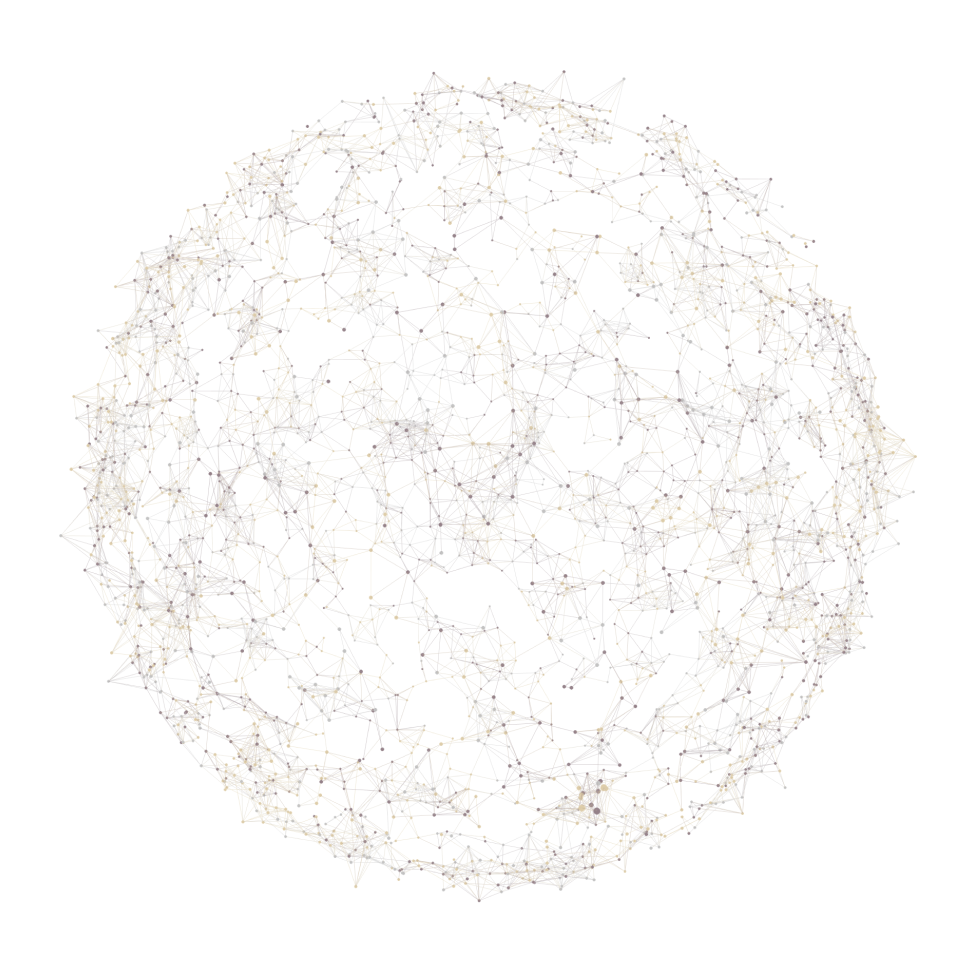
 Write to WhatsApp
Write to WhatsApp
